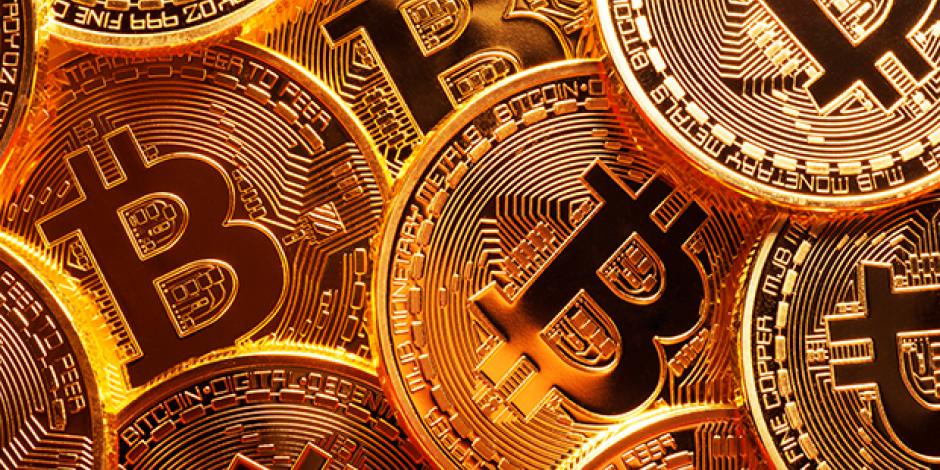At the start of this year, a friend asked me a simple question: “What do you think of bitcoin and other cryptocurrencyKryptowährungcryptocurrencies?” I assumed I was being asked for investment advice and so I said: “They’re interesting, but I’d be very waryvorsichtigwary.”
If you had invested in bitcoins early enough, you could now be a multimillionaire. When this privately created and administered digital cash started back in 2009 — as a reaction against the control of money by governments and banks — one bitcoin was worth virtually nothing. Just before Christmas 2017, its price had soarin die Höhe schnellensoared to nearly $20,000 (€16,000).
At the time I was asked for advice on 2 January, the bitcoin price had to slump(stark) fallenslumped to around $16,000. By the start of February, it had to plummetabstürzenplummeted further, to under $6,000 at one point before recovering to around $9,000 by mid-March. Most other cryptocurrencies — and there are more than 1,000 such “altcoin (alternative coin)alternative Kryptowährung (außer Bcoin)altcoins”, including dash, ethereum and ripple (XRP) — have also fallen significantly. I hope my friend didn’t put all her money into them or she will have had massive short-term losses.
Nobody knows where the prices of cryptocurrencies will end up in the longer term. Perhaps we will look back and think the current prices were cheap. On the other hand, the bubbleBlasebubble could easily burst completely, particularly if governments around the world regulate or to ban sth.etw. verbietenban trading in cryptocurrencies.
Would you like to be paid in a cryptocurrency rather than in dollars, euros, Swiss francs or pounds?
The name “cryptocurrency” is interesting. “Crypto” means “hidden” or “secret”, and one motivation behind such currencies is to protect the anonymity of those trading in them. Governments therefore worry about cryptocurrencies being used to finance illegal activities, such as drug dealing or terrorism, or as a way of avoiding taxes.
The other issueFrageissue is whether cryptocurrencies are really currencies at all. Many experts see them as (speculative) assetAnlageassets, as they typically don’t fulfil the basic functions of money: being a “unit of accountRechnungseinheitunit of account” (a measure of the prices of goods and services), a “medium of exchangeTauschmittelmedium of exchange” (a generally accepted form of payment) and a stable “store of valueWertanlagestore of value” over time.
In countries whose governments often debase sth.etw. herabsetzen; hier: abwertendebase the national currency through hyperinflation, cryptocurrencies could become widely used as a more stable alternative. This is highly unlikely, however, in low-inflation countries such as the US, Germany or Switzerland, where trust in the currency is strong.
The “blockchain” technology behind cryptocurrencies is likely to be of more lasting significance. This decentralized, anonymous, computer-based record (“ledgerHauptbuchledger”) of all transactions could revolutionize banking by reducing the costs of transferring money (or other data) around the world. This explains why banks and governments are to look into sth.etw. prüfenlooking into using the technology.
Finally, here’s a test of whether you are a true believer in bitcoin and co. Would you like to be paid in a cryptocurrency rather than in dollars, euros, Swiss francs or pounds? If not, why not?

Ian McMaster is editor-in-chief of Business Spotlight. You can contact him via i.mcmaster@spotlight-verlag.de
Read his blog on global business in our Opinion section.
Neugierig auf mehr?
Dann nutzen Sie die Möglichkeit und stellen Sie sich Ihr optimales Abo ganz nach Ihren Wünschen zusammen.



